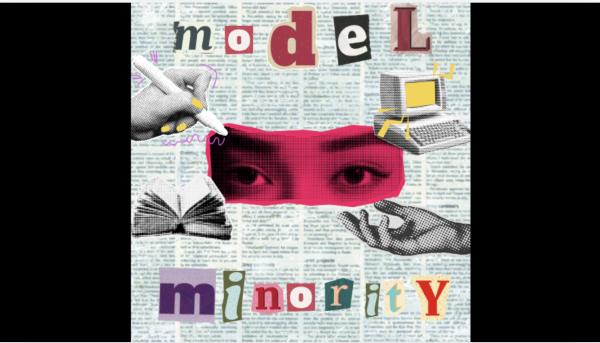Romantic Comedies Glorify Toxic Relationships
Opinion

Romantic comedies were supposedly a dead genre. They used to make up 7.4% of films released in 1998, but now only make up about 0.1%. Recently however, they’ve been making a comeback, with new ones being released and old ones being talked about more often. They are slowly starting to be seen everywhere again and are a source of fun and comfort to many people. Yet they continue to normalize toxic stereotypes and give unrealistic expectations about real life relationships.
In the new Netflix movie To All the Boys I’ve Loved Before, we see an example of harmful behavior, such as not communicating with your partner and dating out of spite. The reason that the main love interest Peter Kavinsky and Lara Jean Covey get together in the first place is to get revenge on the love interest’s ex-girlfriend, while later in the movie, Lara Jean catches feelings for him. When she realizes this, she acts inconsiderately, blaming him for her feelings and accuses him of stringing her along while never being completely honest with him. Peter isn’t innocent either. When Lara Jean asks him about having another girl in his room, he gets very defensive. Though he loves her, it definitely seems fishy, and I don’t blame her for turning on him after that. Despite all their drama, they get together. What sort of message does that send? That it’s okay to lie to your partner and shun them for every little mistake they make?
Most romantic comedies also involve one of the people in the intended relationship changing themselves and not necessarily for the better. In the film She’s All That, Zack, the main love interest, only talks to Laney because of a bet. He convinces her to change her outward appearance, which in turn makes people start paying attention to her. When she removes her glasses and becomes less of a nerd, suddenly she becomes stunning. This provides the incorrect assumption that it’s okay to manipulate people and that you have to change yourself for people to like you.
This trope is also seen the musical/romantic comedy Grease. In the beginning, the protagonist Sandra Dee was seen as ‘too pure’ to be with Danny Zuko. At the end of that movie, we see her completely change herself for him, and becomes a greaser. What rubs salt in the wound is that it’s usually the woman who has to change a part of her in order to be accepted. In the rom com, it’s seen as cute how they change into complete different people for their partner. But this is harmful to a woman’s self-image, and convinces them that changing is the only way they’ll be loved. Seeing this in movies makes others think that it’s acceptable to force people to change, or change unwillingly in real life.
Some of these movies also tend to have a trope one of the characters being completely obsessed with the other. In the movie 10 Things I Hate About You, Cameron James is bent on trying to date Bianca Stratford. Though he barely knew her in the beginning, he was instantly obsessed with her. In his infatuation, he even went as far as to manipulate her sister’s romantic relationships in order to date her. A fixation on one person like that is slightly creepy and is usually frowned upon. Seeing that obsession in movies might help normalize it, which is not okay; constant unwanted attention may be seen as harassment.
That’s not to say that romantic comedies don’t have some positive aspects. They typically end with the guy getting the girl, and some of them have strong female leads, diversity, and humor. Although still, they continue to give terrible representations of real relationships and portray a lot of toxic traits as normal, which makes it harder to recognize them in real life. Once romantic comedies stop sending the wrong message, they will be a lot more enjoyable.

When I'm not in student press, I'm usually playing piano, singing, reading, or watching TV shows (Avatar: The Last Airbender is my favorite!). I go through...






Adi Barman • Sep 6, 2018 at 6:46 am
Great story.